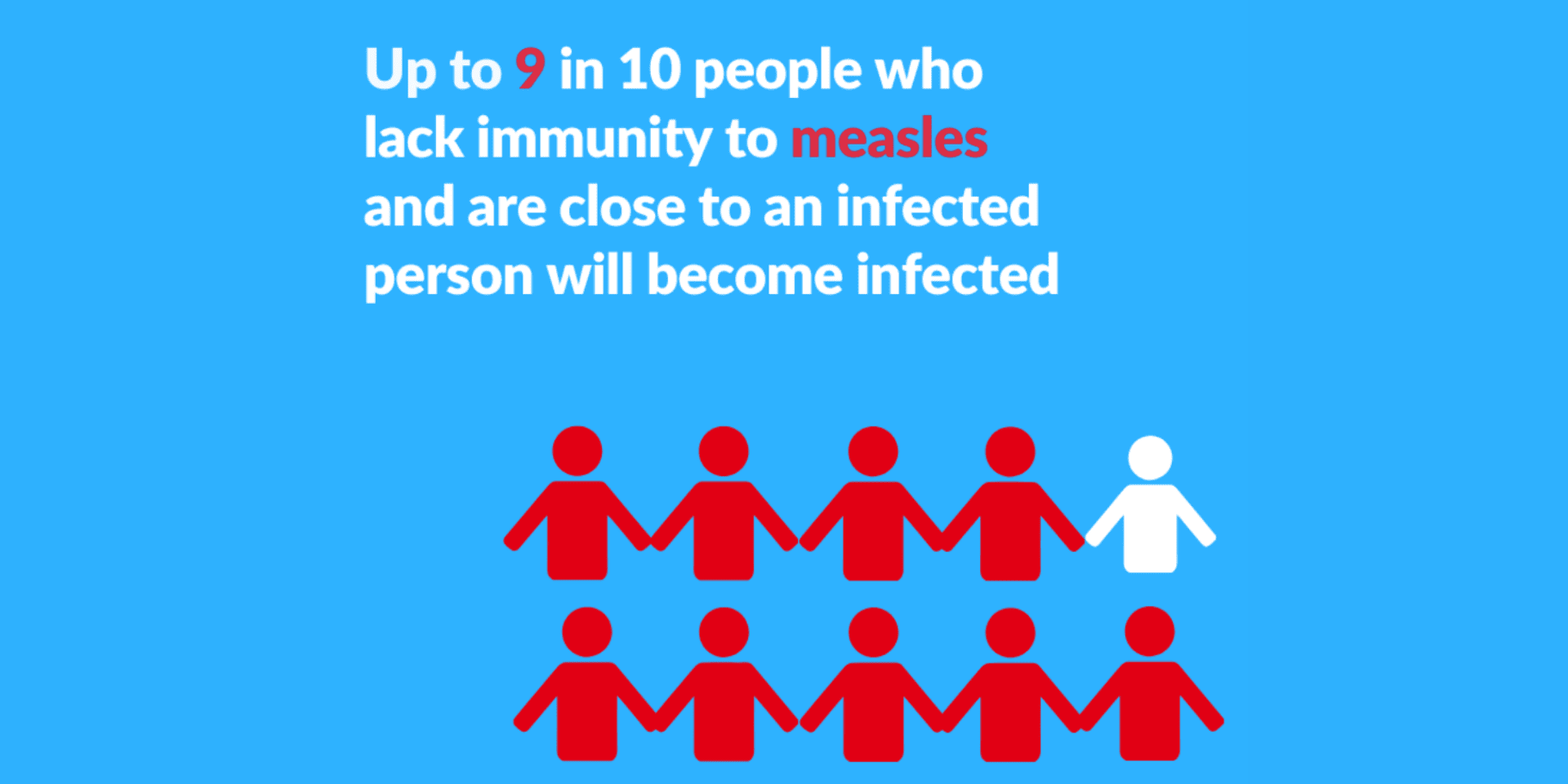
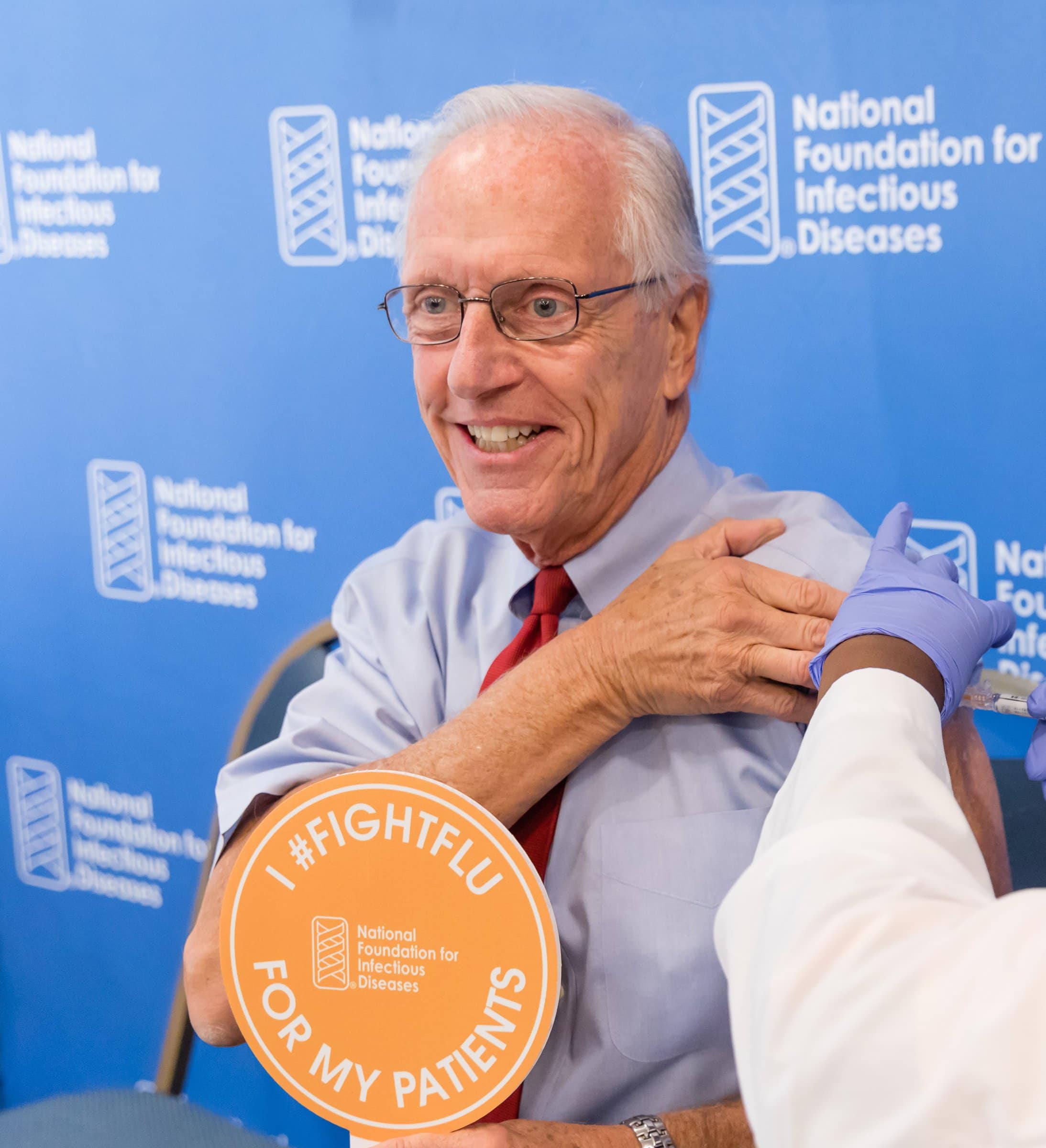 Special thanks to William Schaffner, MD, medical director of the National Foundation for Infectious Diseases (NFID) and professor of preventive medicine at Vanderbilt University School of Medicine, for this guest blog post.
Special thanks to William Schaffner, MD, medical director of the National Foundation for Infectious Diseases (NFID) and professor of preventive medicine at Vanderbilt University School of Medicine, for this guest blog post.
Vaccines save lives; there is simply no question about it. Decades of evidence and scientific studies support this fact. So why are we facing a potential epidemic of vaccine-preventable diseases?
That is the question that Senators Lamar Alexander (R-TN), Patty Murray (D-WA), and their colleagues on the US Senate Committee on Health, Education, Labor and Pensions (HELP) will explore in a March 5, 2019 congressional hearing. Their willingness to tackle this national emergency could not come at a better time.
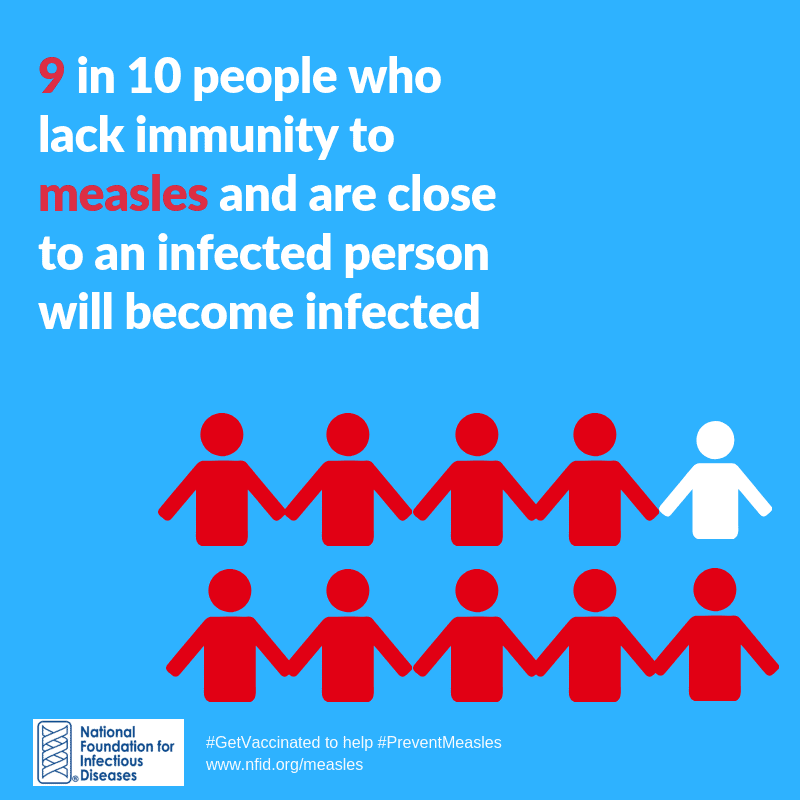
Right now, we are seeing multiple outbreaks of measles—a serious, highly contagious disease that has been preventable since the 1960s. Complications of measles can include pneumonia, otitis media (ear infections), encephalitis (swelling of the brain), seizures, and even death. Prior to the availability of a measles vaccine, about 400-500 children died each year in the US due to measles and its complications. The vaccine is safe and effective, yet some parents choose not to immunize their children because of false notions linking vaccines to autism that have been rejected by the scientific community. Misinformation about vaccines has an impact on children’s lives. More than 370 cases of measles were reported in the US in 2018 with outbreaks in New York, Washington, Texas, and Illinois. In 2019, there have already been 159 cases of measles reported, as of February 21.
These measles outbreaks are completely preventable and also highly predictable. When a community’s immunization rates drop, disease inevitably follows. The problem is so significant that the World Health Organization (WHO) recently declared vaccine hesitancy one of the top threats to global public health. Unfortunately, measles is not the only disease that concerns public health experts.
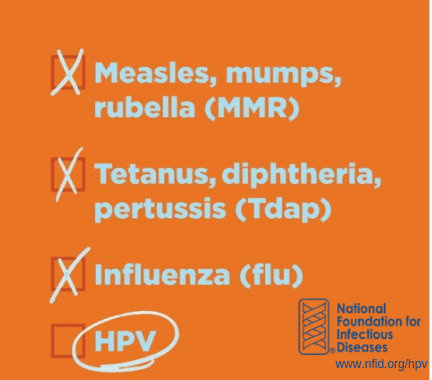 We now have a vaccine that can prevent certain cancers, and yet HPV vaccination rates continue to fall short of public health goals. Tennessee’s HPV vaccination rates consistently fall in the bottom fifth of all states, despite having high rates of cervical cancer and cervical cancer mortality. Every year in the US, 33,700 women and men are diagnosed with a cancer caused by HPV infection. HPV vaccination could prevent more than 90 percent of these cancers.
We now have a vaccine that can prevent certain cancers, and yet HPV vaccination rates continue to fall short of public health goals. Tennessee’s HPV vaccination rates consistently fall in the bottom fifth of all states, despite having high rates of cervical cancer and cervical cancer mortality. Every year in the US, 33,700 women and men are diagnosed with a cancer caused by HPV infection. HPV vaccination could prevent more than 90 percent of these cancers.
There is also the concerning trend of racial disparities. Here in Tennessee, 50 percent of white toddlers were fully immunized against influenza in 2017 vs. only 28 percent of black toddlers. Given how serious flu can be in young children—there were more than 180 childhood deaths in the US last flu season—those percentages are cause for alarm.
Like a stop sign or a speed limit, state laws requiring school children to be immunized help protect public health. In states and communities where anti-vaccine groups have chipped away at those requirements, disease outbreaks have occurred.
In Tennessee, like the rest of the country, the number of families claiming exemptions from immunization requirements have gradually increased over the past decade. About 1.3 percent of public school kindergarteners in Tennessee claimed a religious exemption in the 2017-2018 school year. In Williamson County public schools, the rate of religious exemptions was 2.8 percent—more than double the statewide rate.
Those percentages may seem small, but experts from the National Foundation for Infectious Diseases (NFID) and other public health organizations warn about the ominous consequences of low immunization rates.
The outbreak of vaccine-preventable diseases across the country is an avoidable tragedy. Senator Alexander and his colleagues should be commended for their bipartisan leadership to stop this potential disaster.
To join the conversation and get the latest news on infectious diseases, follow NFID (@NFIDvaccines) on Twitter, like NFID on Facebook, follow NFID on Instagram, join the NFID Linkedin Group, and subscribe to NFID Updates.
Related Posts
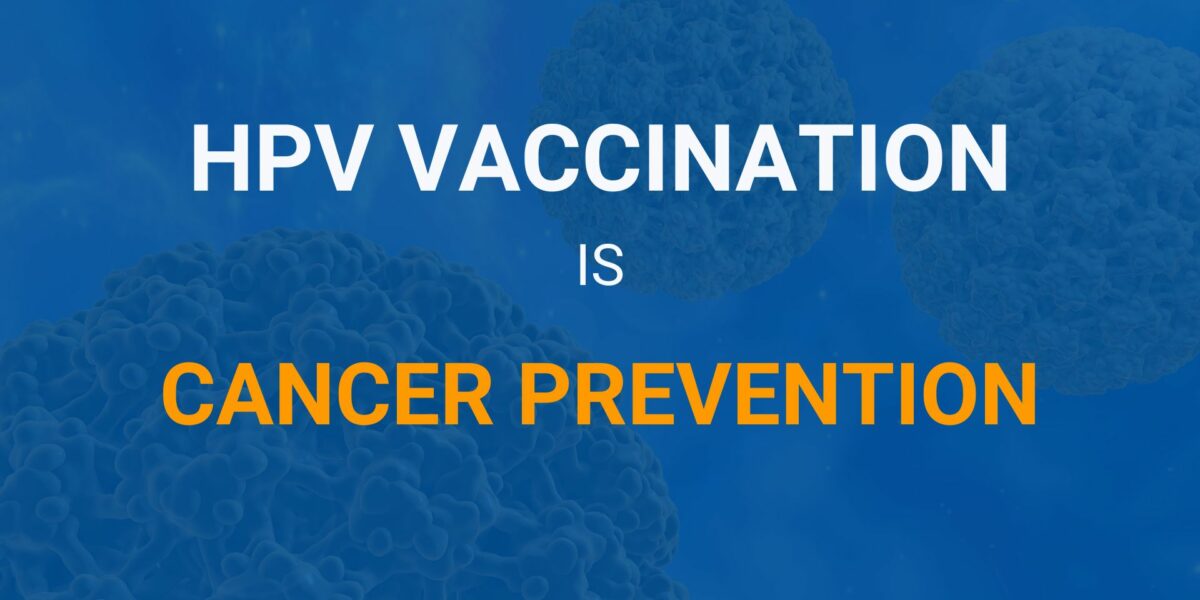
The Key to Preventing Cervical Cancer
January is Cervical Cancer Health Month, an important time to raise awareness and empower individuals to protect themselves against this often preventable type of cancer

ID News Round-Up: Bird Flu, COVID-19, HPV, and Norovirus
Read recent news of interest from the world of infectious diseases including insights and explanations on bird flu, COVID-19, HPV, and norovirus …
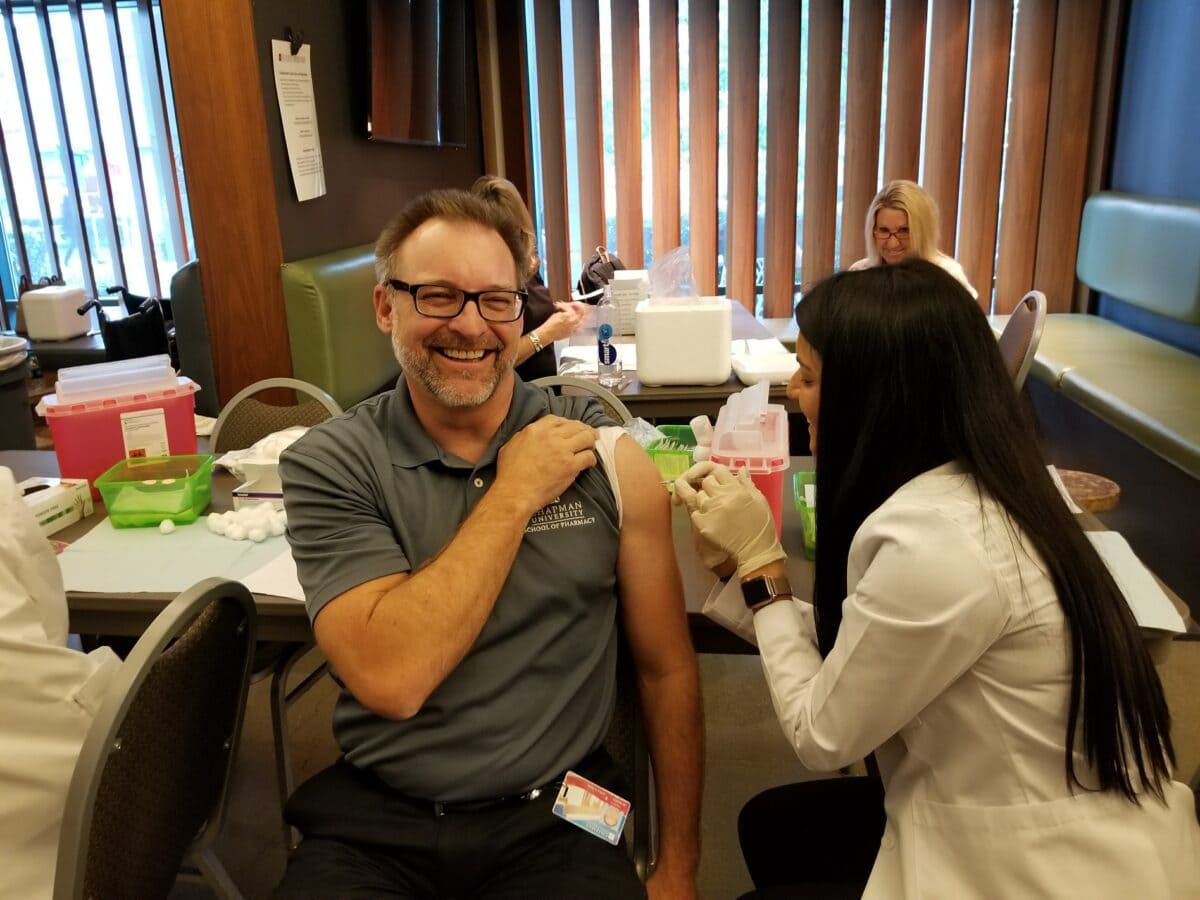
The Impact of Pharmacists as Frontline Immunizers
While 46 states currently allow pharmacists to administer all recommended vaccines and all 50 states allow flu vaccines to be given, many states continue to place barriers between patients and pharmacists as immunizers, primarily by age and/or prescription restrictions…
